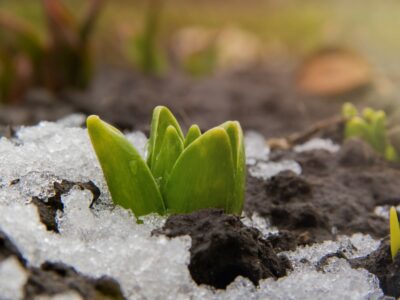A top Pakistani cabinet official on Thursday harvested hemp in a ceremonial event for the nation’s first legal cannabis plants under the government’s new program for the crop.
Minister for Science and Technology Shibli Faraz marked the occasion at the Pir Mehr Ali Shah Arid Agriculture University, which is authorized to grow cannabis under a license issued by the ministry.
Hemp harvesting initiated by the Federal Minister for Science & Technology, Senator @shiblifaraz today in Arid Agriculture University, Institute of hydroponics,
— Ministry of Science & Technology (@MinistryofST) December 23, 2021
“Hemp can also greatly influence import and export. The products that are made of hemp are more profitable than the hemp itself,” Faraz said. “Hemp-made products can give profit up to ten times the original drug.”
The Pakistani cabinet approved a plan to legalize industrial hemp in September 2020, with supporters arguing that opening up the hemp market would spur a billion dollar industry to help meet demand for hemp fiber, CBD-based medicines and more.
Here is why the team @MinistryofST under the supervision of Federal Minister for Science & Technology, Senator @shiblifaraz is interested & have worked hard on Industrial Hemp & Cannabis Policy
— Ministry of Science & Technology (@MinistryofST) December 23, 2021
In addition to the Science and Technology Ministry, the cabinet decision to allow for hemp production was made in concert with the Agriculture Ministry, Health Ministry and the Federal Board of Revenue, 92 News reported.
Fawad Chaudhry, who previously led the science and technology ministry and now serves as the minster for information and broadcasting, said, “This masterpiece of modern agriculture will give Pakistan a chance to enter the multi-million dollar industry.”
The hemp plants that Faraz helped to harvest were planted in August, and CBD will be extracted from the crop, according to AAJ News.
Four varieties of hemp were planted, and Faraz said it will also be used for making textiles and paper.
The official said in September that hemp producers are being established in Jhelum, Peshawar, Chakwal and Islamabad. He says cannabis could serve as a lucrative alternative to cotton, which requires more intensive work to grow and process.
In another Middle East cannabis development, a German cannabis company is working to finalize a deal to produce marijuana products in Afghanistan after the Taliban regime took control of the country following the U.S. military withdrawal.





